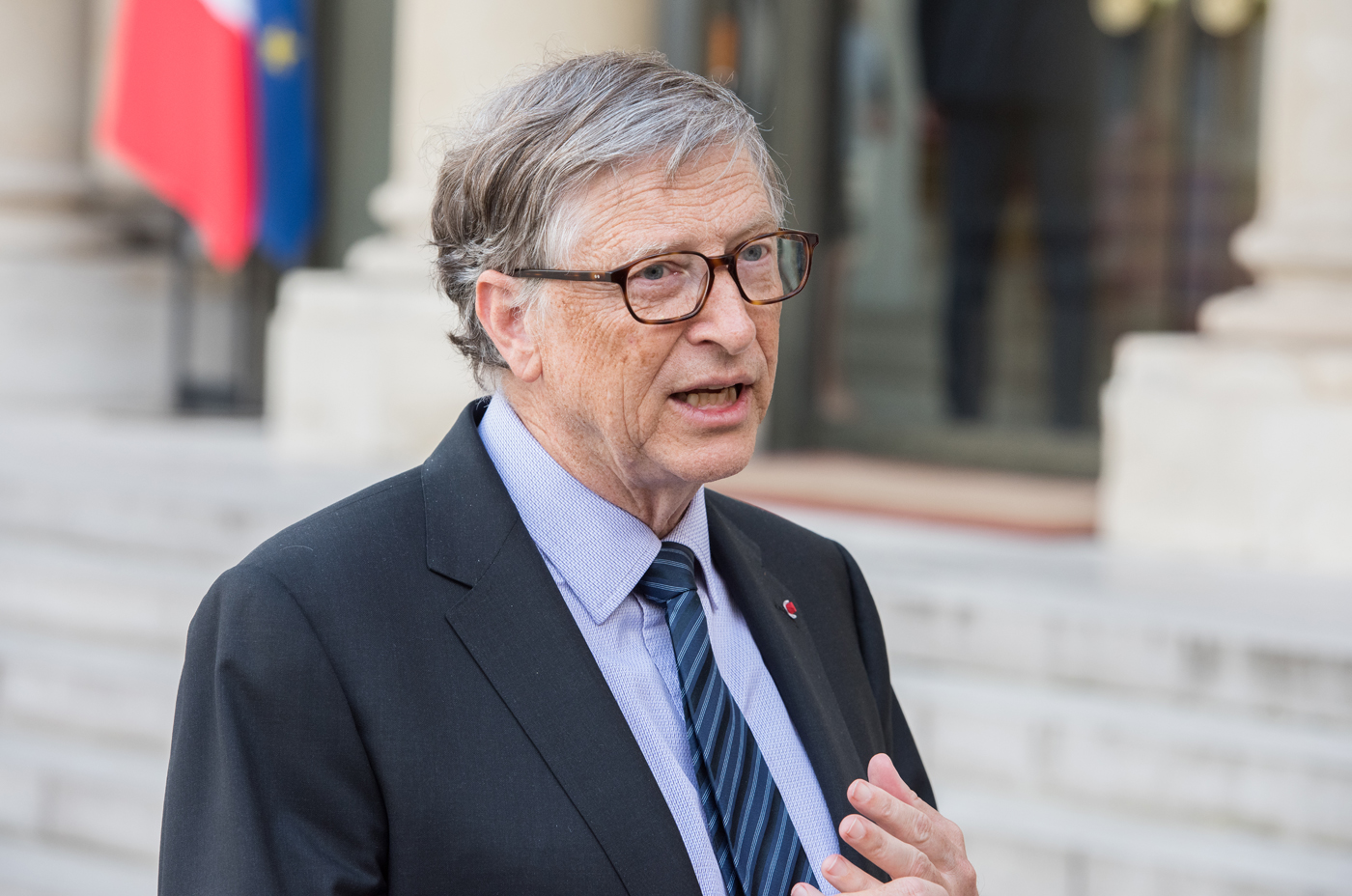Forward-looking: All things considered, there is room for optimism. "Nothing like this has ever happened to the economy in our lifetimes but money, you know, bringing the economy back and doing money, that's more of a reversible thing than bringing people back to life. We're going to take the pain in the economic dimension - huge pain - in order to minimize the pain in the disease and death dimension," Gates said.
Microsoft co-founder and longtime philanthropist Bill Gates in a recent TED Connects series interview about the Coronavirus said he believes that we need an "extreme shutdown so that in six to 10 weeks, if things go well, then you can start opening back up."
"Our goal here is to get to the point where a very small percentage of the population is infected," Gates added, and to do that, you need a combination of testing and isolation.
Had the US acted sooner, things could have been very different.
"If you act when you have hundreds of cases, you may be able to contain it by doing great testing and great contact tracing and restricting foreigners coming in without as much damage to your economy. The US has passed this opportunity to control without shutdown so that the worst case of what was happening in Wuhan in the beginning or in Northern Italy, you know, the last few weeks, that we avoid that but we did not act fast enough to have an ability to avoid the shutdown."
One thing that we may have playing in our favor, at least in the northern hemisphere, is seasonality.
"Respiratory viruses, to some degree, they all are seasonal. We don't know how seasonal this one is but there's a reasonable chance that the force of infection will be going down," Gates said.
The philanthropist also notes that while Covid-19 is more infectious than MERS or SARS, it isn't as deadly.
What's especially chilling is the fact that nearly five years ago, Gates stood on stage at a TED Talk event and predicted that we would not be ready for the next global outbreak. Low and behold, here we are, and he was right.
Masthead credit: Frederic Legrand
